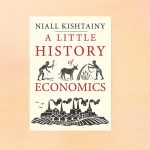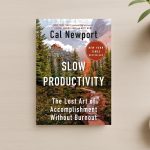George Orwell, born Eric Arthur Blair (1903-1950), remains one of the most influential writers of the twentieth century-an author whose clear prose, political insight, and deep moral conviction still resonate today. His work traverses genres: novels, memoirs, reportage, essays, and criticism. Whether portraying dystopian futures, satirizing political corruption, or documenting first‑hand wartime experiences, Orwell consistently challenged hypocrisy and defended truth. The following Top 10 Books by George Orwell You Must Read offer a full portrait of his legacy.
Top 10 Books by George Orwell You Must Read
1. 1984 (1949)

Orwell’s most famous work, 1984, paints a chilling vision of a totalitarian future where the Party controls every facet of life, even thought. The novel follows Winston Smith, a worker in the Ministry of Truth, who dares to question the regime and falls in love with Julia-an act deemed criminal. Big Brother’s omnipresent surveillance, the manipulation of history, and the paradoxical slogans (“War is peace. Freedom is slavery. Ignorance is strength.”) powerfully illustrate the dangers of authoritarianism. More than a political warning, 1984 is a meditation on truth, individuality, and resistance in an age when reality itself can be manufactured. Its influence is so deep that terms like “Orwellian” have entered common language as shorthand for oppressive political climates.
2. Animal Farm (1945)
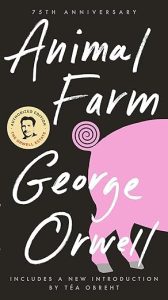
An allegorical novella about a group of farm animals who overthrow their human farmer, Animal Farm is a penetrating satire of revolutionary idealism’s corruption. Initially inspired by the promise of equality, the animals establish their own society, only for power to consolidate under the pigs, especially Napoleon. Orwell’s fable mirrors the trajectory of the Russian Revolution and Stalinism, showing how propaganda, fear, and manipulation erode freedom. Its brevity belies its depth: each character-Snowball, Boxer, Squealer-embodies traits and ideologies familiar in political systems. The famous line “All animals are equal, but some animals are more equal than others” remains a concise indictment of political hypocrisy.
3. Homage to Catalonia (1938)
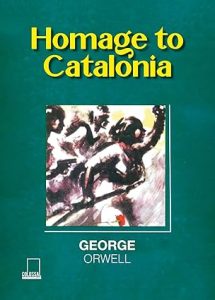
A memoir of Orwell’s time fighting in the Spanish Civil War, Homage to Catalonia blends personal narrative with political commentary. Serving with the POUM militia, Orwell experienced both the camaraderie of anti‑fascist struggle and the bitter infighting among Republican factions. Shot through the throat, he narrowly survived. His account exposes the messy realities of war-mud, boredom, accidental heroism-and the betrayal of revolutionary ideals by Stalinist factions. It is both deeply human and sharply analytical, offering an unvarnished look at how ideology can distort and destroy shared causes.
4. Down and Out in Paris and London (1933)
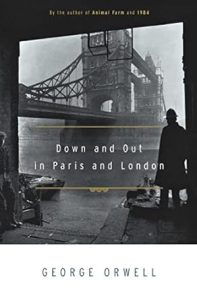
Orwell’s first major work is a semi‑autobiographical plunge into poverty. In Paris, he toils as a dishwasher in grimy hotel kitchens; in London, he tramps among the homeless. The book is part memoir, part social study, showing how poverty strips dignity yet fosters resilience. Orwell’s observations are unsentimental but compassionate, working like early field notes for his later political convictions. The vivid depictions of overcrowded dormitories, endless menial labor, and systemic indifference challenge middle‑class complacency.
5. The Road to Wigan Pier (1937)
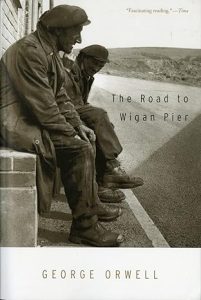
Commissioned as a report on working‑class life in northern England, The Road to Wigan Pier combines investigative journalism with autobiography. The first half offers searing, detailed descriptions of miners’ conditions-filthy, dangerous, and backbreaking. The second half pivots into Orwell’s critique of middle‑class socialism, arguing for a humane, democratic socialism that avoids elitism. It is as much a political manifesto as social reportage.
6. Keep the Aspidistra Flying (1936)
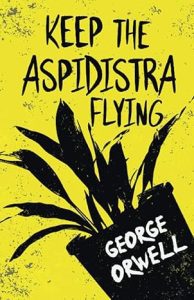
A satirical novel about Gordon Comstock, a struggling poet who rejects the capitalist obsession with money-symbolized by the recurring aspidistra plant-yet is trapped by it. Gordon’s disdain for “money‑god” society leads him into deeper poverty, testing his ideals and relationships. Orwell humorously but insightfully dissects the compromises of artistic integrity in a materialistic world.
7. Burmese Days (1934)
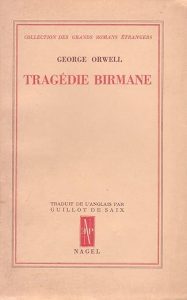
Drawing on Orwell’s five years as a colonial police officer in Burma, this novel depicts the moral rot of empire. Flory, a timber merchant, becomes embroiled in small‑town intrigue, racism, and corruption, falling in love with newcomer Elizabeth. The novel’s claustrophobic colonial society reveals the insecurities and moral compromises underpinning imperial rule.
8. Coming Up for Air (1939)
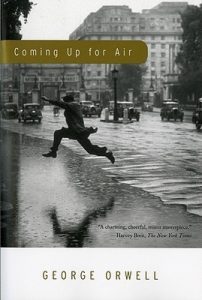
George Bowling, a middle‑aged insurance salesman, returns to his childhood village, only to find it transformed by modernity and looming war. This bittersweet narrative meditates on nostalgia, disillusionment, and the loss of innocence, layered with Orwell’s sharp eye for societal change in pre‑WWII Britain.
9. Such, Such Were the Joys (Posthumously published 1952)
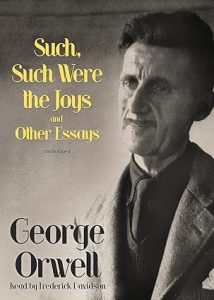
An autobiographical essay reflecting on Orwell’s brutal education at a preparatory school. It is a window into the class divisions, cruelty, and hypocrisies of Edwardian England, revealing formative experiences that shaped his distrust of authority.
10. Why I Write (1946)
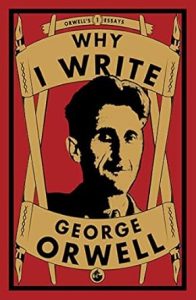
A concise yet profound essay outlining Orwell’s motives for writing: sheer egoism, aesthetic enthusiasm, historical impulse, and political purpose. Though short, it offers invaluable insight into the mind of one of the century’s most principled literary voices, linking his artistry directly to his political commitments.
Conclusion: Top 10 Books by George Orwell
From dystopian fiction to war memoirs and political essays, George Orwell’s works are united by their clarity, honesty, and moral urgency. Whether dismantling the illusions of propaganda, documenting life among the poor, or satirizing power, Orwell gives readers both a mirror and a warning. These ten books not only capture a turbulent century-they challenge every generation to defend truth and decency.
Engage with Us: What Are Your Favorite Books?







